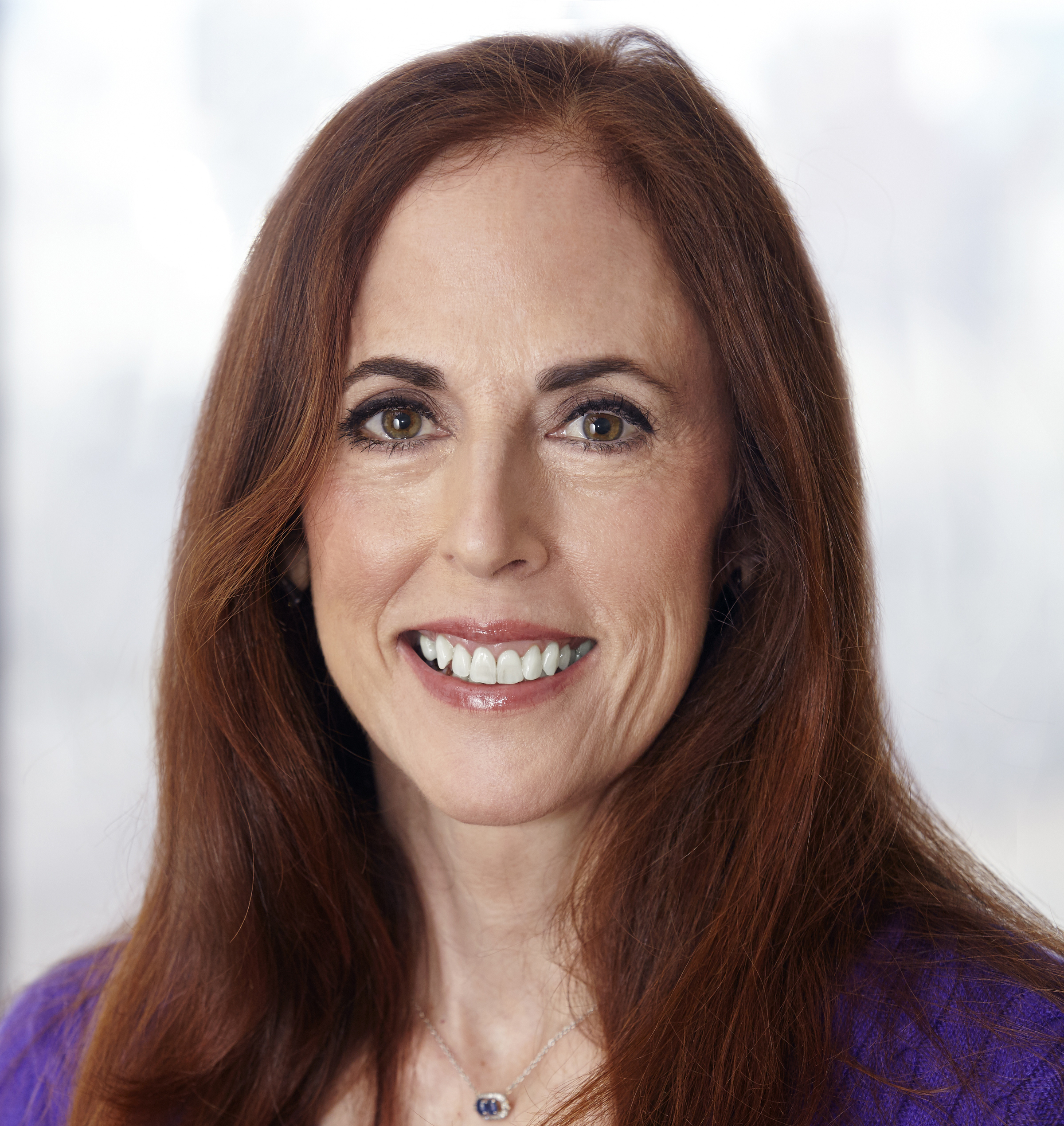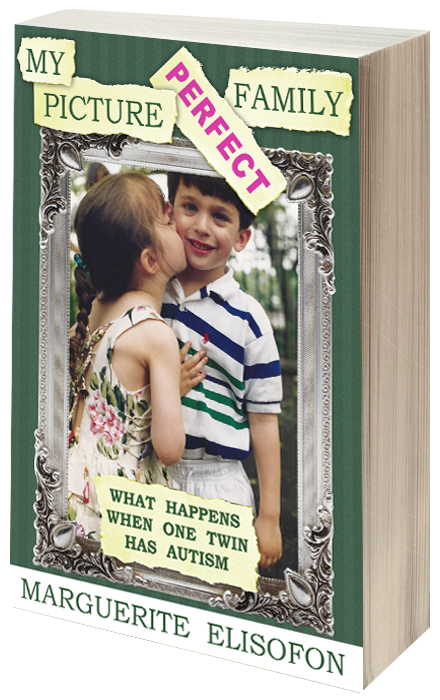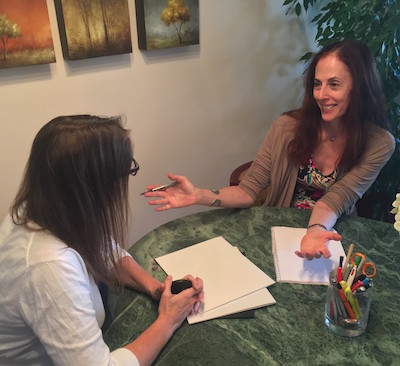 In some ways, this July 4th was a celebration for me personally as well as for our country. My breast cancer surgeon said the lab results on my lumpectomy were negative. “Clean margins and no spread to the lymph nodes.” I am deeply relieved and grateful. But happy? I’m not quite there…
In some ways, this July 4th was a celebration for me personally as well as for our country. My breast cancer surgeon said the lab results on my lumpectomy were negative. “Clean margins and no spread to the lymph nodes.” I am deeply relieved and grateful. But happy? I’m not quite there…
This best-of all-possible news means I will not need chemotherapy, which is especially lucky considering that chemo drugs have been in short supply in this country for the people who need them most. How can I celebrate my good news, knowing that the richest country in the world lacks the life-saving drugs to heal its citizens whose cancer has spread?
My five days of radiation treatment ended, so I’m happy about that. I’m NOT happy that I need genetic testing to determine if I’m one of the Ashkenazi Jews who carries the Branca gene. According to my oncologist, patients with the Branca gene usually opt for a double mastectomy and a hysterectomy because of the high recurrence rate.
Huh? What?

I just finished one breast cancer surgery. The idea of more surgery that would scoop out all of my female organs is beyond overwhelming. Add to that the knowledge that both of my adult twins would need extra monitoring and I enter an altered state. I’m sitting in the doctor’s office, on the verge of drowning from a tsunami of frightening information which includes the doctor  listing all of the possible blood panels available to test for cancer genes.
listing all of the possible blood panels available to test for cancer genes.
Thank God, my husband interrupts. “What’s the bottom line?” He wants to know. The suspense is killing us.
“She’s going to be okay,” the oncologist replies with a twinge of impatience, as though this information is incidental to the presentation which she evidently wants to complete.
“How about we start from there,” Howard suggests.
After we leave her office, I try to forget the flood of negative information and focus on the doctor’s reluctant reassurance that I’m going to live. I’m sure the doctor (an older woman) is brilliant and knowledgeable in her field. But she has delivered her cancer lecture so many times that she’s forgotten its emotional impact on her patients.
I’m ready to go on with my life and set aside thoughts about my possible early demise from cancer. But I still worry about my quality of life. I already have night sweats and insomnia from stopping my hormone replacement treatments that feed hormone positive cancer. How much worse will these symptoms become once I start on the new medication that I will have to take for the next 5 to 10 years?
And of course, I’m still waiting for the genetic test and its (possibly life changing) results. Will I need more surgery? Are my son and daughter at risk? I try not to think about it….
 I’m grateful for all the support of my friends and family: all the phone calls, all the plants and flowers. I’m not used to people wanting to take care of me. In normal times, I’m the one who takes care of everyone—especially Samantha. What would she do without me? I can’t think about that either. Fortunately, I don’t need to for the moment.
I’m grateful for all the support of my friends and family: all the phone calls, all the plants and flowers. I’m not used to people wanting to take care of me. In normal times, I’m the one who takes care of everyone—especially Samantha. What would she do without me? I can’t think about that either. Fortunately, I don’t need to for the moment.
“How does your breast feel?” Samantha asks me frequently.
“My breast is okay, thanks.” For now, anyway, I think. I remind myself that the doctors say I’m healing well. But my breast still looks disfigured to me. I know I’m lucky that it’s still mine. I’m very thankful that I didn’t need reconstructive surgery. And I’m also grateful that my breast doesn’t hurt.
But my heart is a different story.





 Marguerite Elisofon is a New York City writer and the author of My Picture Perfect Family, a memoir about how her family navigated life with a child on the autistic spectrum before the internet and support groups existed. She also blogs about parenting young adults and disability related issues in The Never Empty Nest. Her writing has been featured in a variety of publications, including Time and NY Metro Parents magazine, and her family’s story has been featured by the NY Post, Fox News, The Daily Mail, and on Jenny McCarthy’s Dirty Sexy Funny radio show. A Vassar graduate, Marguerite was born and raised in New York City, where she still lives with her husband, Howard, in their mostly-empty nest. She is available to speak about a wide variety of issues relating to twins, parenting, and autism.
Marguerite Elisofon is a New York City writer and the author of My Picture Perfect Family, a memoir about how her family navigated life with a child on the autistic spectrum before the internet and support groups existed. She also blogs about parenting young adults and disability related issues in The Never Empty Nest. Her writing has been featured in a variety of publications, including Time and NY Metro Parents magazine, and her family’s story has been featured by the NY Post, Fox News, The Daily Mail, and on Jenny McCarthy’s Dirty Sexy Funny radio show. A Vassar graduate, Marguerite was born and raised in New York City, where she still lives with her husband, Howard, in their mostly-empty nest. She is available to speak about a wide variety of issues relating to twins, parenting, and autism. 
Thank you for sharing your journey.
You are one of the finest, most loving women I know. Our thoughts and prayers are always with you and your family. Love to all.
Love to you and your family too!
Just sharing my truth…